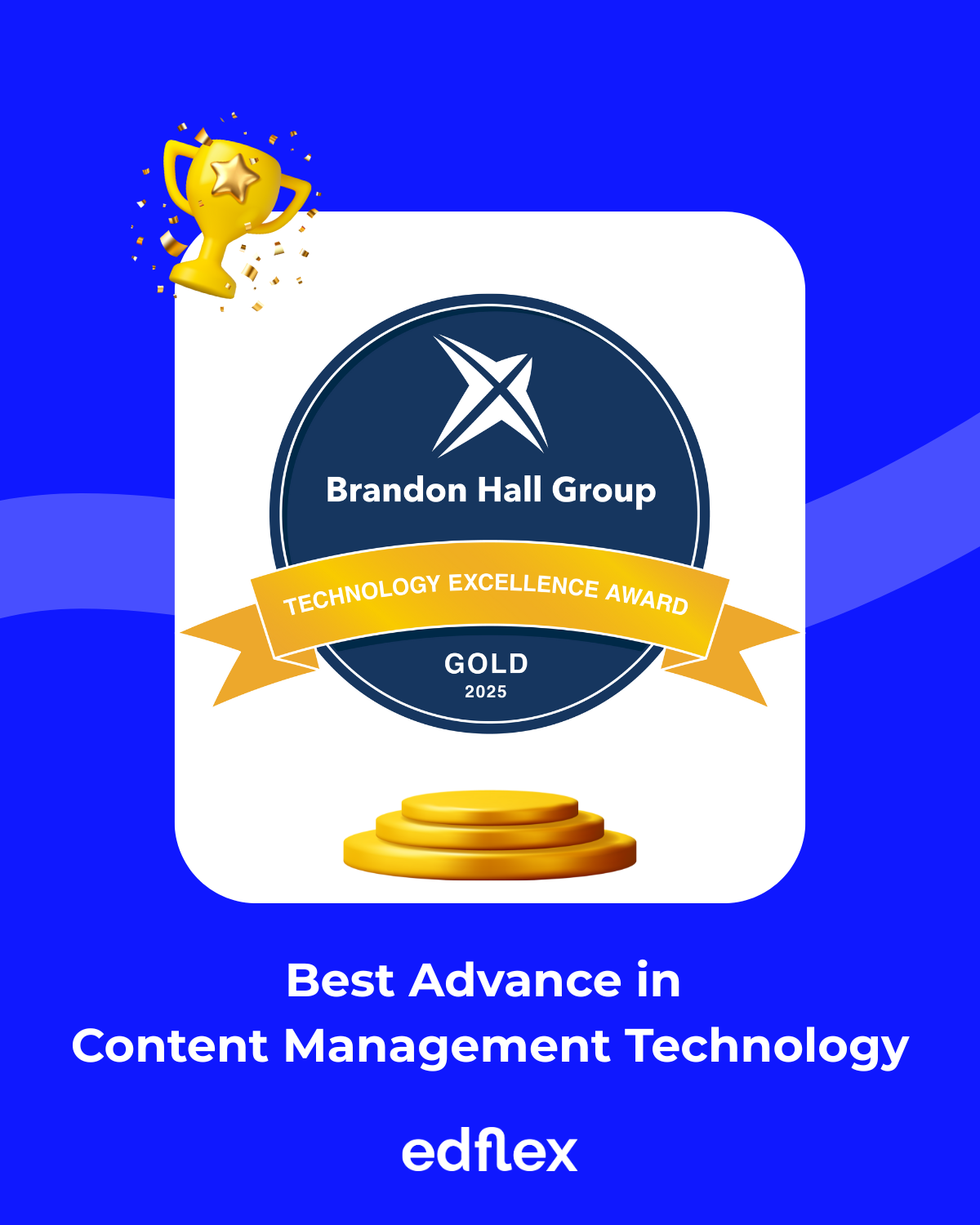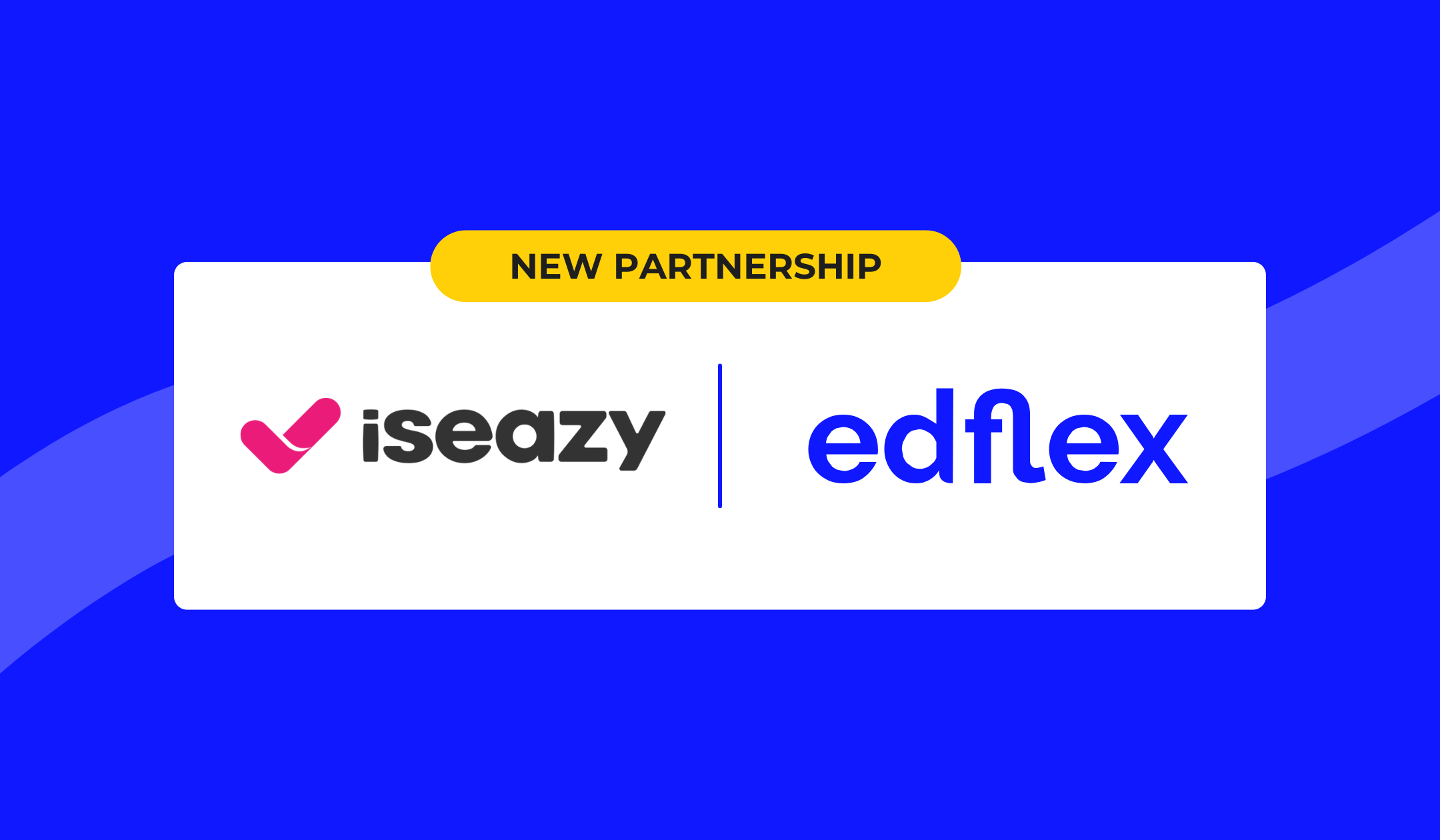Immerse yourself in the world of Open Education and discover how this philosophy has profoundly transformed the field of education.
Free knowledge sharing lies at the heart of a new form of education: Open Education. By breaking down traditional barriers, it makes education accessible to a larger audience. We present to you this modern approach to teaching and learning, its advantages, and how it has greatly impacted society. You will be able to embrace this philosophy and discover the numerous learning opportunities it offers.
Understanding the Concept of Open Education
First and foremost, it is essential to take the time to define what Open Education is and better understand its history in order to grasp its significance in education today.
Definition and Evolution of Open Education

Open Education, or open learning, is not an educational method in itself. It is a philosophy aimed at enabling a greater number of people to access education. To achieve this, open education seeks to remove all barriers that may limit access to education.
Issues related to the cost of education, geographic location of courses, and admission restrictions are all fundamental concerns of Open Education.
Aspiring to create an educational community, much like the Open Source community that formed around the philosophy of free software, Open Education has a clearly defined approach. It is based on the free flow of knowledge and information through openly available online resources. Massive Open Online Courses (MOOCs), which are free courses open to all, free e-books, and any freely accessible educational software are concrete examples that promote Open Education.
Brief History of Open Education

The concept of open access to education has been present since the seventeenth century in the thinking of John Amos Comenius. It gained significant momentum with the advent of the internet and the distribution of online educational content.
Several periods can be distinguished in the history of Open Education:
- Mid-20th century: In reaction to the classical and rigid educational system, some educators proposed a more accessible and personalized education.
- 1960s and 1970s: The Open University was established in the United Kingdom. Offering distance learning courses, it allowed anyone, regardless of age, location, or educational background, to access quality education.
- Late 1990s and early 2000s: The arrival of the internet enabled the availability of online educational resources. In 2001, MIT created the OpenCourseWare initiative, making all educational materials used in their courses freely available online. (Wikipedia, OpenCourseWare, site accessed in July 2023)
- 2010s: The pedagogical innovation of MOOCs provided the opportunity for internet users to simultaneously take online courses. Virtual course platforms began to emerge.
- After 2020: Open Education continues to evolve significantly. The focus is on personalized learning. The use of artificial intelligence and machine learning allows for quick access to educational content tailored to individual needs.
Initially a philosophy, Open Education has managed over time to disrupt our perception of education and has facilitated the deployment of a collaborative and inclusive method, allowing a greater number of people to acquire knowledge at any time and from anywhere.
Key Elements of Open Education
Open Education is based on three essential pillars that are important to understand in order to grasp the significance and functioning of this approach.

Open Educational Resources (OER)These learning, teaching, and research materials belong to the public domain as they are published under an open license. Anyone is free to use, modify, and share them. They can take various forms, such as distance courses, textbooks, videos, or tutorials.
Massive Open Online Courses (MOOCs)
MOOCs were designed from the outset to allow massive participation through a learning platform. They are often offered by schools and universities, providing free access to high-quality courses. Sometimes including projects or assessments, MOOCs cover a wide range of subjects, from languages to economics to philosophy. They offer people worldwide the opportunity to access online courses from renowned institutions.
Creative Commons Licenses
Creative Commons is a nonprofit organization that aims to provide a legal alternative for individuals wishing to release their works from intellectual property rights. Texts, music, videos, photographs, and educational materials are among the materials covered. Creative Commons open-source solutions play an essential role in Open Education.
Advantages of Open Education
As an essential philosophy arising from the digital transformation of our society, Open Education promotes equal opportunities and enables massive dissemination of knowledge.

This approach has numerous advantages:
- Equitable access to education: With Open Education, courses and educational materials become accessible to all. With a simple internet connection, it is possible to access available courses regardless of geographic location or initial education.
- Free or affordable education: By offering free or low-cost learning opportunities, Open Education makes education much more affordable. Individuals who cannot afford traditional schooling can still acquire skills.
- Flexibility and autonomy in learning: Open Education has developed in parallel with Open Source technology. It emphasizes individuality and sharing. Through a flexible approach, everyone can learn at their own pace, according to their needs and constraints.
- Variety of educational content: With access to numerous courses produced by passionate individuals or specialized instructors, Open Education offers a greater diversity of courses than traditional education.
- Continuing education for individuals: The accessibility and simplicity of open education foster a culture of lifelong learning. Anyone, regardless of age, current situation, or initial studies, can continue to learn through online courses and other online resources.
Impact of Open Education on Society
The revolution of open education has had a significant impact on society, particularly in reducing inequalities and changing the way we learn.
Reduction of inequalities in education and learning
The primary contribution of Open Education is the significant reduction in inequalities in access to education. This is achieved by reducing or even eliminating barriers such as financial and geographic constraints, as well as socio-cultural inequalities.
In this way, individuals who had to interrupt their learning have the opportunity to resume their education online. The benefits are numerous: acquiring skills, increasing employability, and improving self-confidence.
Furthermore, the free access to knowledge on the internet is an effective means of reducing inequalities between wealthy countries with strong and diverse educational infrastructures and poorer countries that sometimes struggle to improve the quality of education within their territories.
Influence on how we learn and teach

Another significant impact is on learning and teaching. In the context of distance learning, learners gain autonomy. They can acquire the skills they desire when they want, wherever they are. This new form of learning is ideal for developing self-discipline, time management, and critical thinking.
Teaching becomes less rigid. Collaboration and sharing among peers are encouraged, and hierarchical aspects become less important. As knowledge is freely accessible, the role of the teacher or instructor is no longer solely to impart knowledge but to facilitate the acquisition of knowledge. These professionals also have more flexibility to personalize teaching according to the learners, their level, and their needs.
Finally, the richness of the online learning sector promotes the use of innovative technologies in education. Online platforms, artificial intelligence, and learning analytics are among the technologies that have become indispensable thanks to Open Education.
Open Education with Edflex
As a leading actor in distance education, Edflex puts the principles of Open Education into practice every day. By providing users with access to a vast library of educational resources, our solution allows learners to adapt their learning according to their constraints and learn at their own pace.

The Edflex platform offers:
- Diverse content: Users can choose from thousands of educational materials in various formats, such as online courses, videos, podcasts, e-books, or articles, based on their needs and interests.
- Accessibility of content: Accessible via a simple internet connection, the educational content offered on Edflex is available to a wide audience, regardless of their geographic location.
- Personalized learning: Edflex's pedagogical experts offer high-quality content through innovative content curation. Each learner can access content that aligns with their objectives and interests.
- Collaborative learning: The platform also serves as a space for course participants to exchange ideas. Providing feedback on content or sharing resources with peers is possible through Edflex integrations with everyday tools.
- Tracking and evaluation: Each learner has the opportunity to monitor their skill acquisition through performance tracking tools and numerous assessments.
With over 50,000 educational resources and 230 skills available on the platform, each learner can fully benefit from the philosophy of Open Education with Edflex. Don't hesitate to boost your skills with our online solutions.



















